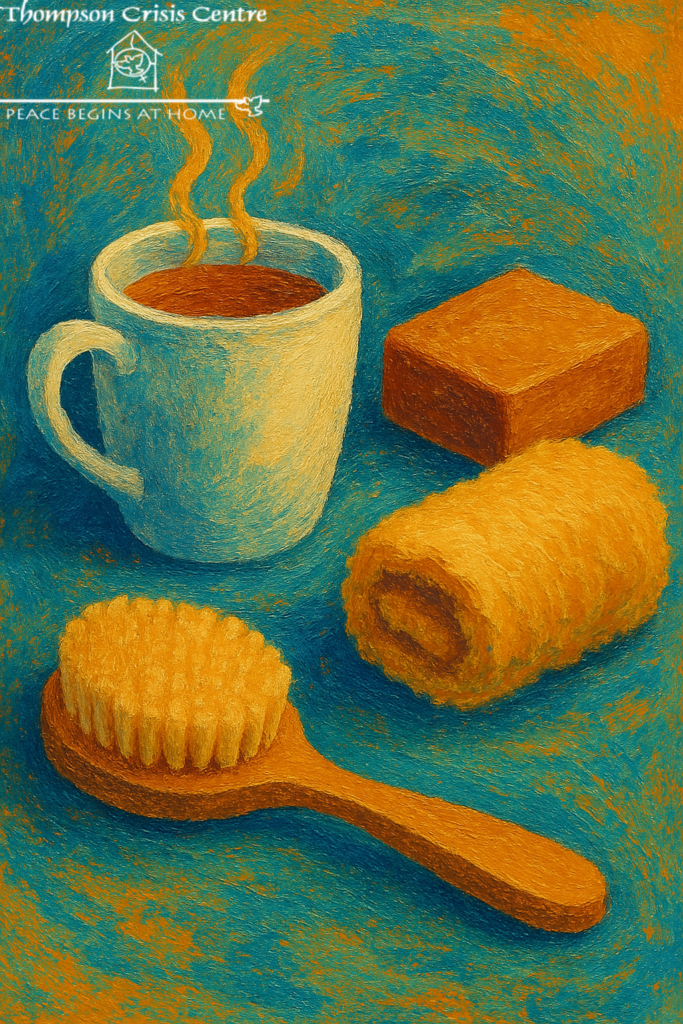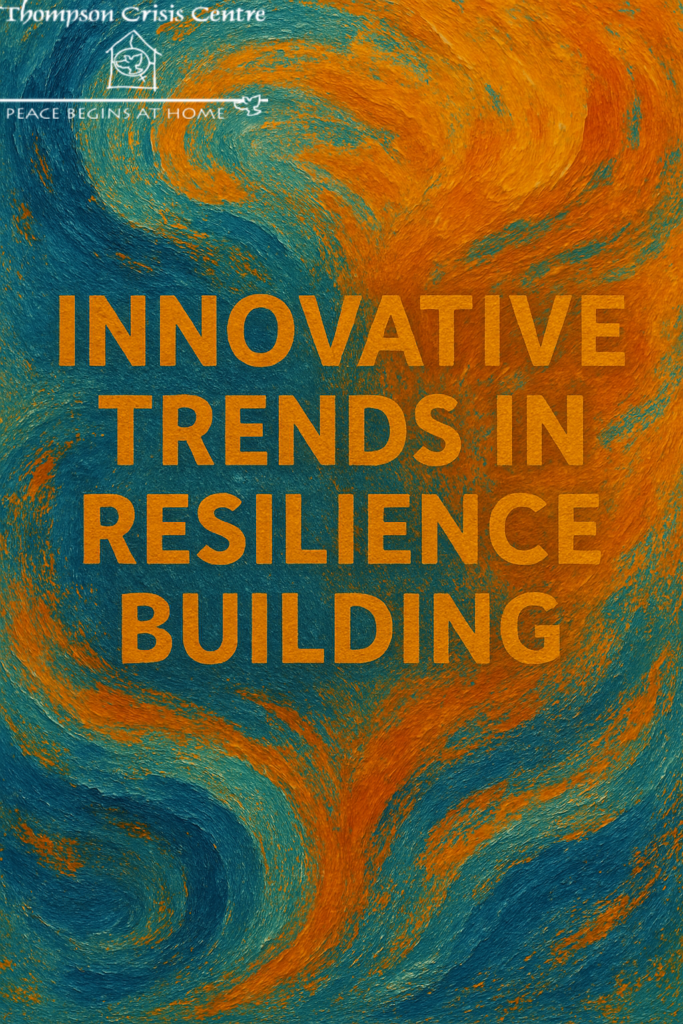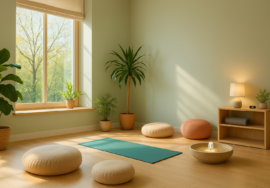
Self-Care Strategies: Building Resilience in Tough Times
In today’s fast-paced world, maintaining your mental well-being can be a challenge. When life feels overwhelming, building resilience isn’t just about getting through the day—it’s about nurturing yourself to thrive, no matter what obstacles arise. This post explores time-tested self-care practices alongside cutting-edge developments, offering you a comprehensive guide to support your journey to mental wellness.
Embracing Traditional Self-Care Methods

1. Mindfulness and Meditation
Starting your day with a few moments of stillness can set a positive tone for the hours ahead. Mindfulness practices like meditation and deep breathing are proven to reduce stress and sharpen focus.
- Tip: Consider using guided meditation apps such as Headspace or Calm. Even a simple 10–15 minute session can clear your mind and reduce anxiety.
2. Physical Exercise: Moving for a Healthier Mind
Exercise isn’t just for the body—it’s essential for your mental health too. Regular physical activity releases endorphins, the natural mood enhancers.
- Tip: Whether you enjoy a brisk walk, cycling, or a dance session at home, find an activity that gets you moving. Combining exercise with mindfulness practices, such as yoga or tai chi, can amplify the benefits.
3. Quality Sleep: The Foundation of Resilience
A good night’s sleep is critical for effective stress management and mental clarity.
- Tip: Establish a calming bedtime routine—perhaps reading or listening to soothing music—and avoid screens before bed to enhance sleep quality.
4. Nourishing Your Body with Healthy Nutrition
What you eat can greatly influence your mental state. A balanced diet rich in whole foods, fruits, vegetables, and omega-3 fatty acids supports brain function and emotional stability.
- Tip: Incorporate nutrient-dense foods into your meals and remember to stay hydrated throughout the day.
5. Building Social Connections
Strong relationships are a cornerstone of mental resilience. Whether it’s connecting with family or joining community groups, nurturing these bonds provides essential support during challenging times.
- Tip: Regularly schedule time with friends or participate in local events to keep your social network active and supportive.
Innovative Trends in Resilience Building

1. Digital Therapeutics and Mental Health Apps
Modern technology is revolutionizing self-care. Digital therapeutics offer evidence-based strategies right at your fingertips. Many mental health apps now use AI-driven insights to tailor mindfulness practices and provide real-time feedback, making professional support accessible whenever needed.
2. Virtual Reality (VR) Therapy
Virtual Reality is transforming how we experience relaxation and therapy. Imagine stepping into a serene digital environment that instantly calms your mind. VR therapy is gaining traction in clinical settings for exposure therapy and stress management, offering an innovative form of relaxation.
3. Wearable Technology for Mental Health Insights
Today’s wearable devices do more than track your physical activity—they’re evolving to monitor stress levels and sleep quality. Real-time data from these devices, such as heart rate variability, can help you understand and manage your stress better.
4. Exploring the Gut-Brain Connection
Recent research highlights the link between gut health and mental well-being. Emerging studies suggest that dietary interventions and probiotics can play a significant role in managing mood and anxiety, opening up fresh avenues in self-care.
5. Innovations in Mindfulness-Based Cognitive Therapy (MBCT)
Mindfulness-Based Cognitive Therapy is being reimagined with digital tools, making it more accessible than ever. Hybrid MBCT programs combine traditional therapy with online modules, allowing users to benefit from both community support and flexible learning.

Taking time for self-care isn’t selfish—it’s essential. With the rapid pace of modern life, being proactive about your mental health can make all the difference. Whether you’re embracing a quiet moment of meditation or exploring the latest in digital health tools, every step you take builds a stronger, more resilient you.
For additional resources, insights, and support, visit our Thompson Crisis Centre website. There, you’ll find a wealth of information designed to help you navigate challenging times and enhance your well-being.
What self-care strategies have worked best for you? Share your thoughts in the comments below—we’d love to hear your story and connect with our community.








